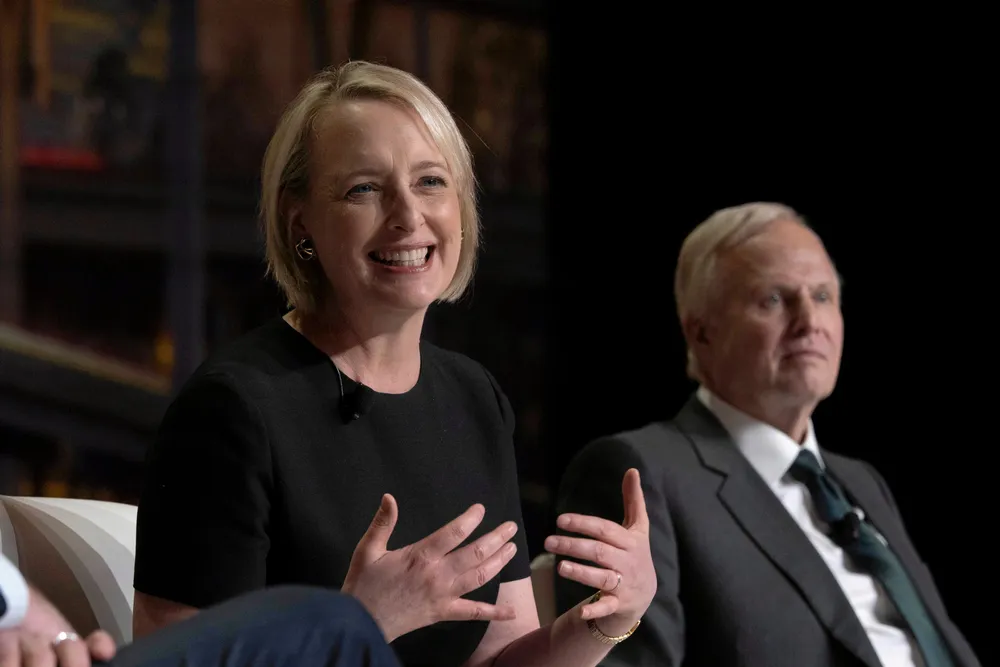‘Transforming the core business of innovation’: Industry leaders discuss accelerating the energy transition
The energy transition requires a change in the core business of innovation

The energy transition requires a change in the core business of innovation
